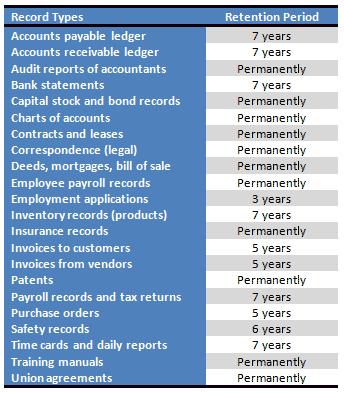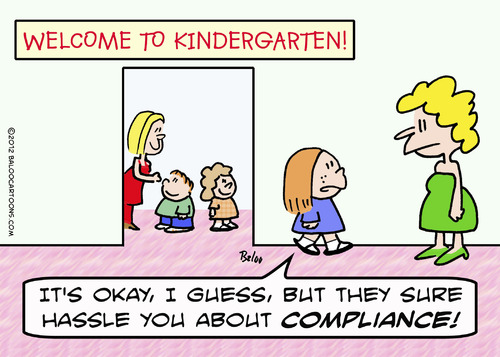Proponents of government regulation claim that the main purpose behind business legislation is to level the playing field and allow all parties to participate fairly. Opponents of government regulations claim that bureaucrats are looking to expand their own power by creating unnecessary rules and regulations. The truth is that most professional service organizations do not care about either argument. Instead, they are focused on dealing with the difficulties and expense of compliance. In today’s post, we are going to discuss government regulations within the professional service (PS) industry and whether professional services automation systems can reduce the difficulties and expense of compliance.
Most people’s perception is that professional service firms are not one a highly regulated industry. After all, firms are not engaged in illegal activities, selling dangerous weapons, or handling toxic pollutants. Even though firms are not engaged in the expected regulatory activities, the PS industry is surprisingly regulated in the following ways:
- Financial Reporting – If PS firms wish to be GAAP compliant, they have to produce financial statement in compliance with all of the required accounting rules. Since firms do not engage in inventory sales or invest in costly fixed assets, the biggest accounting compliance risk is revenue recognition.
- Document Retention – Within the legal community, document retention can be a sticky subject. Universally, everyone agrees that tax filings documentation and support should be kept indefinitely. But what about the other documentation? How long should time cards be kept? The specific details can vary by document type and document purpose.
- Payroll Compliance – One of the biggest headaches with payroll is that businesses are responsible for rules enacted at the city, state, and federal level. Ensuring that tax tables have been updated and that paychecks are formatted to meet the requirements of each state is a major compliance area for professional service firms.
Of course, PS firms don’t just need to deal with the compliance rules; they also have to deal with the rule enforcers: Auditors. Government audits require substantial amounts of time in retrieving documentation and then explain the documentation to them. This is time that could be better spent with clients on billable activities.
However, there is some good news. The cost of compliance decreases substantially when professional services automation systems are implemented within the firm. Here is how:
Financial Reporting – This blog has frequently shown that professional services automation systems can help firms be compliant, especially in regards to revenue recognition. With a software like NetSuite, firms can connect the time and expense reporting to the financial system and revenue can be automatically recognized when milestones are completed or projects are completed. This reduces both the time and expense of compliance.
Document Retention – Most firms keep hard copies and use some kind of document retention service. However, with professional services automation systems, documents can be scanned and uploaded to the cloud. It can be stored there for as long as needed. In addition, access can be instantaneous rather than waiting until a box is delivered from the storage facility.
Payroll compliance – With professional services automation systems, payroll tables are updated automatically by the service once they are released. Within days of release, all paychecks can be in compliance.
Using professional services automation systems can save service firms both time and money. By automating compliance, firms can get back to focusing on delivering great service to their clients. If you are interested in ways to reduce your own cost of compliance, please drop us a note.
[subscribe2]



